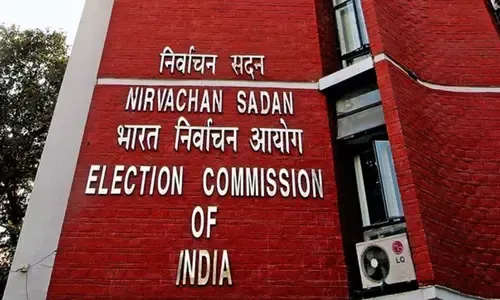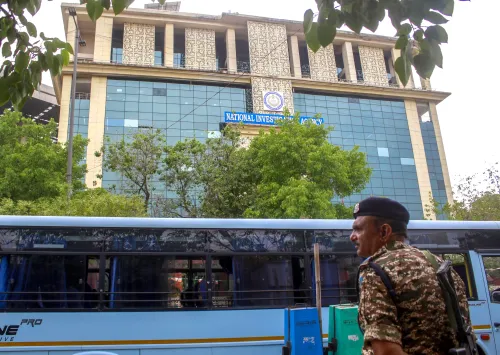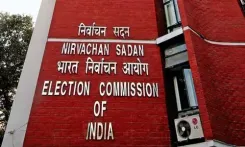Is the New Law to Regulate School Fees Transforming Education in Delhi?

Synopsis
Key Takeaways
- New law aims to regulate private school fees
- Effective from Independence Day, August 15, 2023
- Penalties established for non-compliance
- Involves parents in fee determination
- Focus on transparency and accountability
New Delhi, Aug 15 (NationPress) The groundbreaking education law designed to curb arbitrary fee increases by private schools has been officially notified, heralding a transformative era in Delhi's educational landscape, stated Chief Minister Rekha Gupta on Friday. She expressed her joy that the legislation is set to take effect from Independence Day.
Following the assent from Lt Governor V.K. Saxena on Wednesday, the Delhi School Education (Transparency in Fixation and Regulation Of Fees) Act, 2025 was published in the Gazette of India on Thursday.
“I extend my greetings to the residents of Delhi for the transformation in the education sector. The education bill has been officially notified, and I am delighted to share this news on Independence Day,” she announced during her speech at the Independence Day celebrations.
The Chief Minister remarked that the Act embodies her government’s dedication to aligning the city's education system with the National Policy on Education 2020, which aims to combat the commercialization of education and profit-making by educational institutions.
The Delhi Assembly approved the Bill on August 8, following extensive discussions, as part of initiatives to prevent the commercialization of education through profit-driven motives.
“This Act is a significant relief for middle-class families. They will no longer be exploited,” she said.
To prevent schools from imposing illicit charges disguised as fees, the Act clearly specifies what constitutes a fee, caution money, and security.
The Act defines “fee” as any amount, regardless of its name, collected directly or indirectly by a school during the study period, as per section 5, which includes tuition fees, term fees, library fees, laboratory fees, caution money, examination fees, hostel fees, mess charges, physical education fees, development fees, and security deposits.
The notification stipulates that “caution money” refers to deposits made for handling or damage to laboratory instruments, library materials, sports equipment, and similar purposes.
Regarding the development fee, the Act specifies that if a student enrolls in a school with facilities up to the tenth standard or below, no additional fee will be required.
Earlier, she characterized the legislation as a move towards regulating private school fees, promoting transparency, accountability, and predictability in the fee structures of private unaided schools throughout the capital.
According to Education Minister Ashish Sood, the law establishes a comprehensive framework to ensure transparency and accountability in private school fee regulation, involving all stakeholders—parents, teachers, and school management.
The Minister elaborated that the law proposes a transparent and participatory three-tier system, comprising a school-level committee, a district-level appellate committee, and a state-level revision committee to ensure fair resolution of fee-related issues.
It prohibits any coercive actions against students for non-payment of fees and grants parents a voice in fee determination under the supervision of education department officials.
Violations will incur a penalty of ₹50,000 per student, doubling after 20 days and tripling if not corrected after another 20 days.
“For significant non-compliance with fee regulations, schools may be fined up to ₹10 lakh. In severe or repeated infractions, the Director of Education can suspend recognition or even take over the school’s management to ensure adherence,” he stated.









